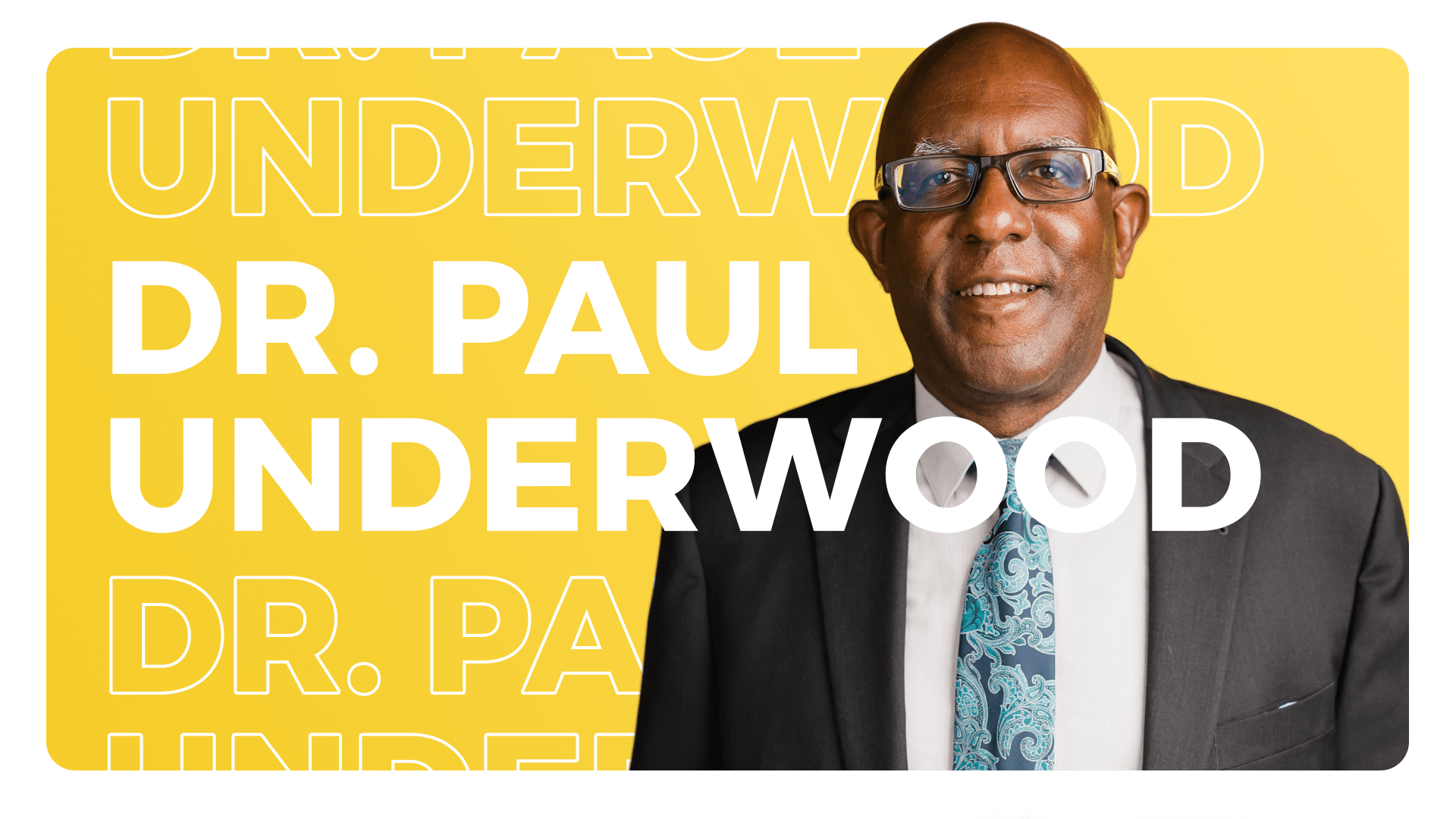That’s been what has helped me through each of those stages of my life. To understand what impact we can have, how we could have greater impact if we had greater involvement from other people, and moving forward, how can we stretch this to even greater, and greater good.
Dr. Paul Underwood Tweet
One of Only 1,000
Many things make Dr. Paul Underwood unique.
He is part of a small community of Black cardiologists and physicians (fewer than 3% of all cardiologists are Black people).
Underwood was the President for the Association of Black Cardiologists (ABC) and practiced medicine for 25 years before becoming Medical Director at Boston Scientific.
Despite a lifetime of inequality in cardiology and practicing medicine (Black people make up roughly 5% of all physicians) he has spent decades as a trailblazer and advocate for community education and collaboration.
He attributes much of his success to the partnerships and connections he’s made throughout this career.
“I would advise people to be collaborative. Sometimes I know when you’re younger in your career you’re very focused on your studies, and that’s something you have to do as an individual. But as time goes on, the opportunity to interact with other people who are like you is there and you should form those linkages so that you can have more weight as you move forward on your other projects.”
Dr. Paul Underwood Tweet
Proactive Well-being
Underwood started his career with an undergraduate degree from Morehouse College in Atlanta. He went on to receive his medical degree from the Mayo Graduate School of Medicine in Rochester, Minnesota. Then he worked at St. Croix Hospital in the U.S. Virgin Islands before undergoing a Cardiology Fellowship at the Cleveland Clinic.
Underwood resides in Scottsdale and wants people to know the reality of the health risks they may face. For example, according to the Center for Disease Control and Prevention, Black people are twice as likely to die from heart disease than White people. Black people are also 50% more likely to have high blood pressure than White people.
“Going to your doctor to get checked to make sure that your blood pressure is good, your blood sugar is good, your kidneys are working right — that’s extremely important, the frequent monitoring. I’m talking strictly for heart disease but there are other conditions that can be monitored and basically prevented now. Whereas in the past you’d have to wait for there to become a problem, now you can actually be proactive and keep them from happening in the first place.”



